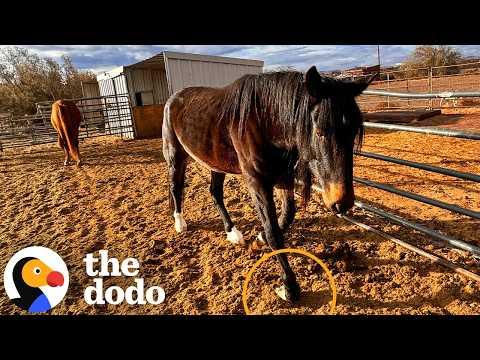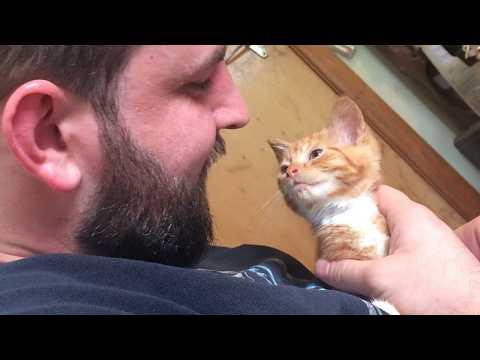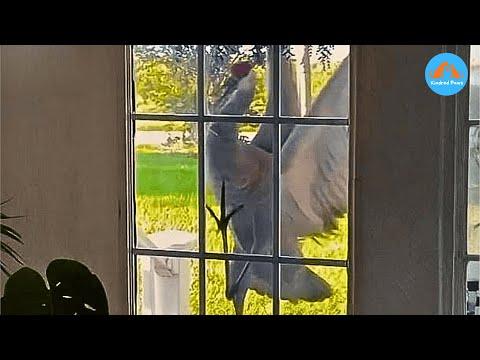Cat cognitive science has come a long way over the past two decades. Research has been looking at cats and their behaviors for many years.
In this video, we will delve into feline science and tell you why cats make the stinky face, why they ignore you, and why they suddenly take off at 100 miles an hour or jump out at you.
Why cats suddenly take off at 100 miles an hour
Does your cat suddenly run around the house and then suddenly stop in their tracks?
Or perhaps they unexpectedly jump out at you, grab your ankles, or pounce on you while you're preparing dinner or simply petting them?
This behavior is often due to pent-up energy that suddenly overflows.
Cats are natural predators, and domestic cats retain this instinct to a certain extent. At times, they will feel the desire to hunt and practice their natural instincts.
If a cat isn't getting enough exercise during the day, they are more likely to display these sudden bursts of energy. Beware if you wear big, fuzzy slippers or socks that look conspicuously like small mammals, as this may encourage pouncing.
But remember, your cat may also jump out on you if they are stressed or agitated. For instance, when you're moving around, whether cleaning or making dinner, the cat may “attack” you because they are agitated or overstimulated by loud noises or sudden movements. Likewise, if you pet your cat for prolonged amount of time, they can become overstimulated, leading to sudden aggression.
Why cats persistently ask to go out and come back in again?
If you have an outdoor cat, you may have wondered why your cat wants to go out, and then a minute later is standing in front of the door and suddenly wants to come back in. Are our feline companions really that indecisive? No. This behavior actually has something to do with their territorial nature. Cats like to patrol their territory and regularly check whether everything is still in order and no intruders are hanging around in their area.
In the world of cats, there are simply no doors that constantly block the way and stake out their own territory.
And this is why many cats don’t like closed doors. If you have ever closed a door behind your cat, you probably know that a closed room is something that cats hate. Cats believe they actually own your house and they get confused when part of their territory is closed off to them.
Why Do Cats Make the “Stinky Face”?
Every once a while, you may notice your cat making a sneering face. The upper lip draws back, the nose wrinkles, and the mouth opens and remains a little open for some time. This phenomenon has a scientific name; It’s called the Flehman response. And this behavior isn’t limited to domestic cats. Many other mammals, including lions and horses perform this action too.
When a cat displays the Flehmen response, they’re basically analyzing a particular scent.
This response lets the scent travel along the roof of the mouth where a specialized sensory structure known as the vomeronasal organ is located.
Why cats ignore you
Your cat is sitting across the room, you look over to them, and you call their name and nothing happens. Your feelings get hurt and you wonder, does my cat even recognize my voice at all? A study conducted in 2013 at the University of Tokyo found that cats can recognize their owners’ voices. What’s more, cats can recognize their names—even when it is called by a stranger. Some felines will twitch their ears or tilt their head when they hear their name being called.
However, the study also found that only about 10 percent of those cats come when called. Cats do know your voice and their names but they don’t always feel the need to offer a response.
And, of course, this is why we find cats so appealing. It is the very nature and behavior of cats that makes them one of the most popular pets.
Why do cats guard you?
Although they are independent animals, cats form strong bonds with their human companions and consider them part of their social group. Just as they would protect their fellow feline family members, they extend the same protective instincts towards their human family. Keep in mind that cats are territorial animals, and they view their home environment and their owners as part of their territory. They feel a sense of responsibility for guarding and protecting their territory from perceived threats.
Cats display their protective nature in various ways, like sleeping with their humans. Cats are well aware that they, and their humans, are vulnerable when sleeping. Staying close-by is one way to stay safe should a predator launch a nighttime attack.
Furthermore, it is common for cats to follow their owners to the bathroom or around the house. While this behavior may stem from curiosity and a desire to be involved in their human's daily routines, it is also a way for cats to ensure their owner's safety and prevent any potential harm from occurring.
---
- Category
- Pets And Animals
- Tags
- video, sharing, camera phone, video phone, free, upload


























Yes, all these cat reactions & expressions are quite familiar. I've had cats (mostly rescues) in my home for over 60 years & they all havel shared similar behavior patterns. The important thing is just placate them all you can and keep them happy & content with interesting activities and plenty of interaction on your part.